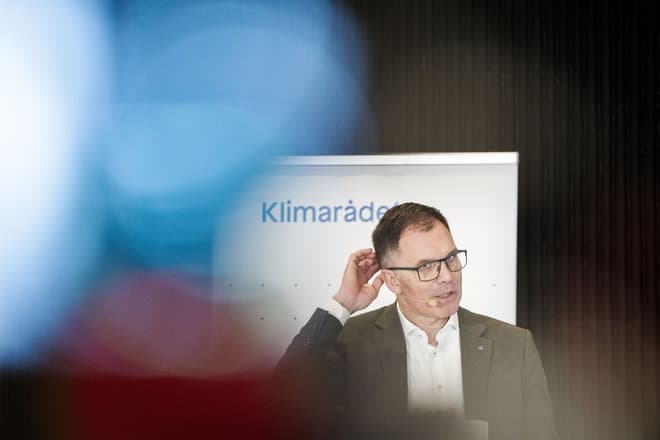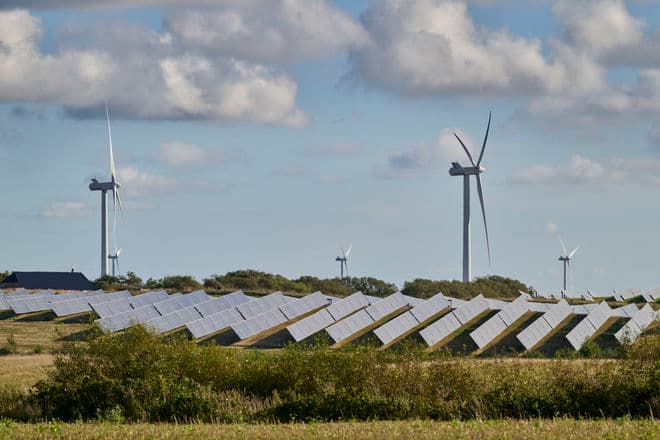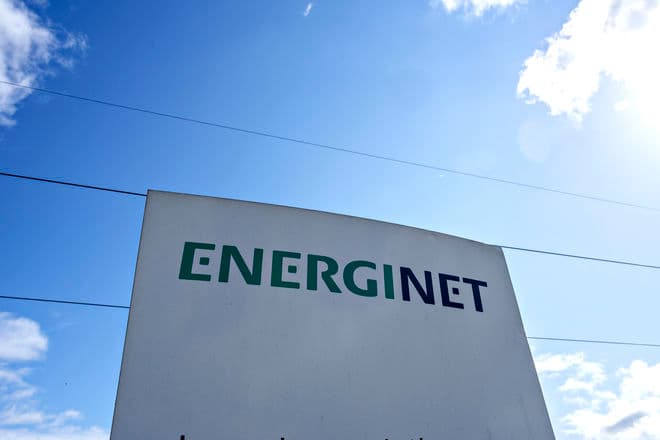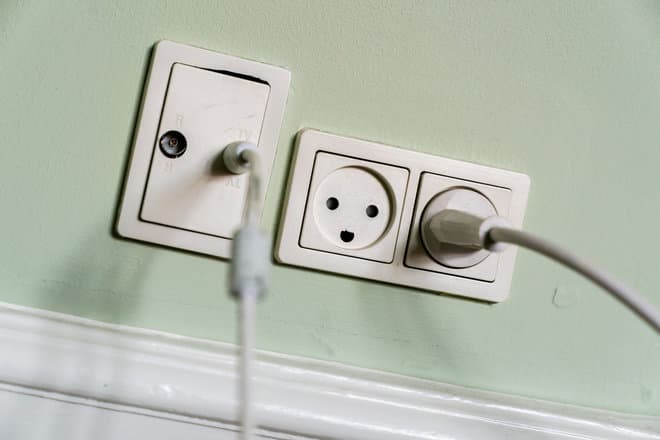Greenland has not had much success in developing mining in recent years, but now things seem to be moving forward. The Canadian company Greenland Resources has been granted a 30-year license to extract the metal molybdenum from the Malmbjerg mine in eastern Greenland. This is stated in a joint press release from the company.
- Our team can show good results from previous sustainable mining projects, where we have contributed to prosperity and progress for local communities. Malmbjerg has the potential to generate up to one billion dollars (6.5 billion kroner, ed.) in taxes during its lifetime, can create critical infrastructure on the east coast and can give the local population new skills, he says.
Greenland Resources and the project are supported by the EU, which expects that 25 percent of Europe's consumption of molybdenum can be obtained from the Greenland mine each year. Molybdenum is a metal with a high melting point and heat resistance, which makes it suitable for use in steel for use in, for example, wind turbine and weapons production.
China accounts for almost half of the world's production of molybdenum, but has introduced export restrictions on the substance in connection with the tariff war against the United States.
In addition to molybdenum, Greenland Resources expects to extract magnesium as a by-product. Magnesium is used in the automotive and aerospace industries, among other things. Greenland Resources has already made agreements with a Finnish and an Italian steel producer to purchase some of the molybdenum that the Malmbjerg mine will produce.
The agreement assumes that extraction will begin by the end of 2028 at the latest, and there is a built-in option to extend it for another 20 years.
Last month, Greenland issued a 30-year permit to a Danish-French company called Greenland Anorthosite Mining, which will mine the rock anorthosite. Anorthosite can be used to produce aluminum, but it can also replace the clay kaolin in the manufacture of fiberglass.
/ritzau/
Text, graphics, images, sound, and other content on this website are protected under copyright law. DK Medier reserves all rights to the content, including the right to exploit the content for the purpose of text and data mining, cf. Section 11b of the Copyright Act and Article 4 of the DSM Directive.
Customers with IP agreements/major customer agreements may only share Danish Offshore Industry articles internally for the purpose of handling specific cases. Sharing in connection with specific cases refers to journaling, archiving, or similar uses.
Customers with a personal subscription/login may not share Danish Offshore Industry articles with individuals who do not themselves have a personal subscription to Danish Offshore Industry.
Any deviation from the above requires written consent from DK Medier.























